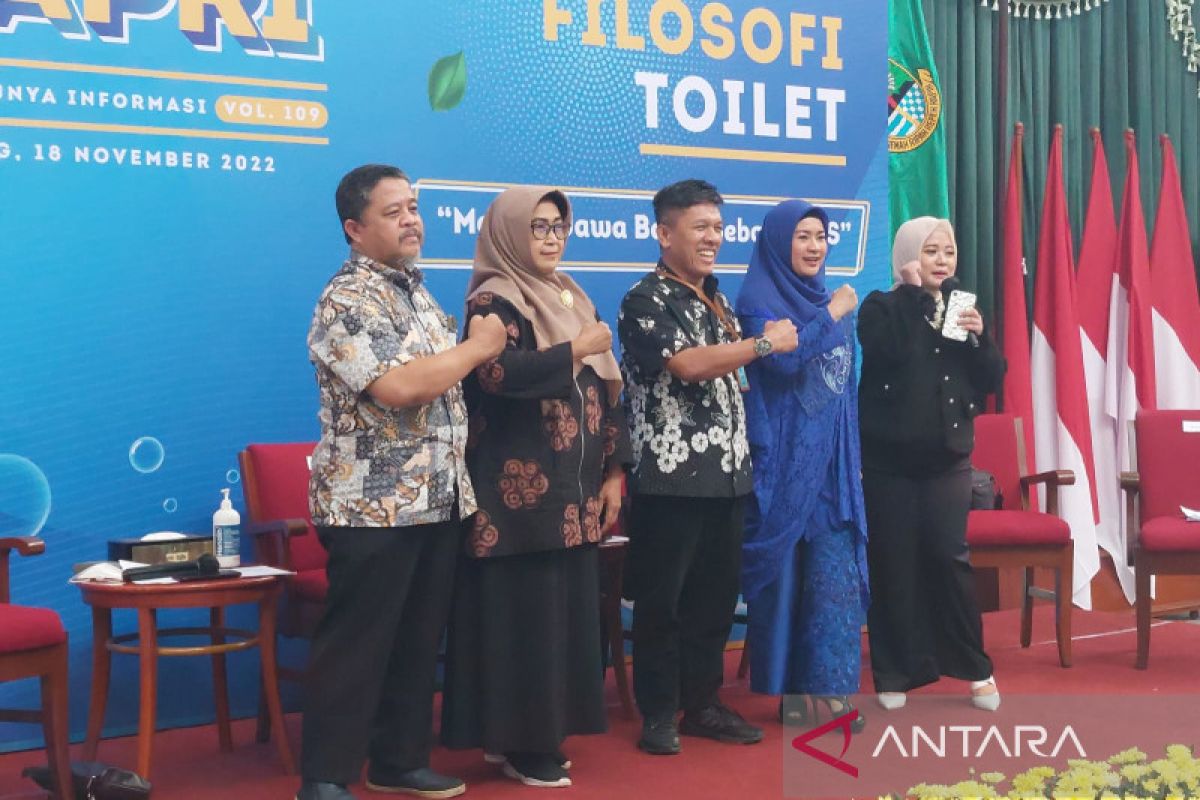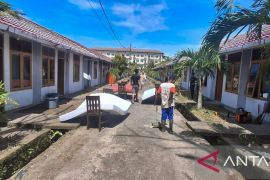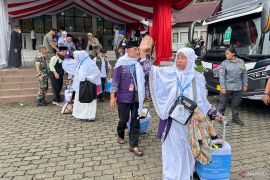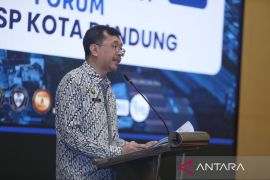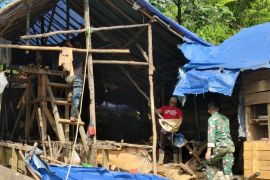However, it seems that it is still far (from being accomplished) because until almost the end of 2022, there are only six districts and cities that are free from open defecationBandung, West Java (ANTARA) - The provincial government of West Java is targeting all districts and cities in the province to be free from open defecation by 2030.
Head of the Environmental Health, Occupational Health, and Sports Working Team at the West Java Health Office Yuntina Erdani stated here on Friday that initially, all areas of West Java were expected to be free from open defecation by 2023.
“However, it seems that it is still far (from being accomplished) because until almost the end of 2022, there are only six districts and cities that are free from open defecation,” Erdani noted at the "West Java Has Information" (Japri) event.
According to Erdani, the six districts and cities that are free from open defecation are West Bandung District, Subang District, Sukabumi District, Garut District, Bandung District, and Depok City.
Related news: NFA to improve potential of West Java's food sector
Erdani explained that the West Java government had intensified counseling and assistance in addition to facilitating the residents’ access to healthy toilets and had implemented sanitation programs to eliminate open defecation practices.
She noted that the West Java Health Office was coordinating and collaborating with related regional government organizations in an effort to realize open-defecation-free regions.
She noted that so far, one of the challenges in facilitating residents to access healthy toilets is the limited land to make individual or communal septic tanks.
Thus, to overcome the problem, the government is encouraging people to make septic tanks under the house building.
Related news: West Java readies hospitals to face potential COVID-19 surge
Meanwhile, Associate Expert in Building Planning and Housing at the West Java Housing and Settlements Office Lucky Ruswandi stated that the percentage of West Java residents, who still practice open defecation, has now fallen to 15 percent, from 28 percent in 2018.
The rate is deemed quite high, as West Java’s population is almost reaching 40 million people.
According to Ruswandi, the total funding needed to provide safe toilets for all West Java residents is around Rp20 trillion, or Rp16 trillion for decent toilets.
Related news: Gov't preparing strategies to prevent obesity in children
Related news: Minister Hartarto suggests two policy focuses at APEC meeting
Translator: Ajat Sudrajat, Raka Adji
Editor: Fardah Assegaf
Copyright © ANTARA 2022
